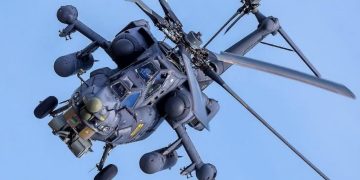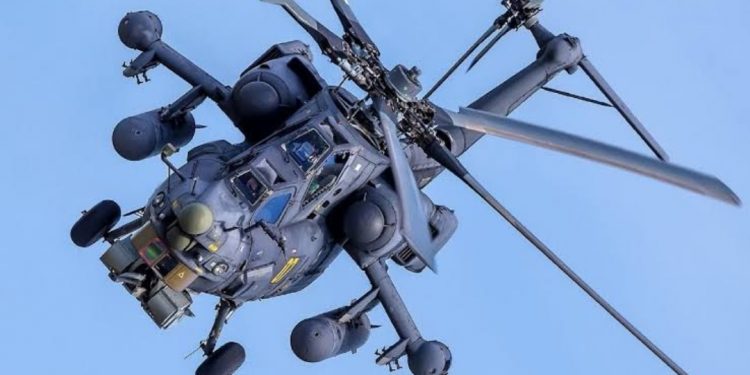By John Ikani
United States lawmakers are stalling a proposed sale of attack helicopters to Nigeria amid mounting concerns about the Nigerian government’s human rights record as its military grapples with multiple security crises.
The deal is worth $875 million, according to US officials and congressional aides familiar with the matter.
In addition to the helicopters, the proposed sale included 28 helicopter engines produced by GE Aviation, 14 military-grade aircraft navigation systems made by Honeywell, and 2,000 advanced precision kill weapon systems—laser-guided rocket munitions, according to information sent by the State Department to Congress and reviewed by Foreign Policy.
The Foreign Policy website reports that the US policy makers are torn between balancing national security with human rights objectives.
They reportedly expressed huge discomfort with the human rights records of the Buhari’s government.
Instances cited include the recent ban on the micro-blogging platform, Twitter, the alleged crackdown on #EndSARS protesters in October last year, among others with the US lawmakers calling for cautions in engaging with Nigeria.
Chairperson of the Senate Foreign Relations Committee, Sen. Bob Menendez, called for a “fundamental rethink of the framework of our overall engagement” with Nigeria during a Senate hearing with US Secretary of State, Antony Blinken in June.
Both Menendez and Sen. Jim Risch, a top Republican on the Senate Foreign Relations Committee, have placed a hold on the proposed arms sale, according to multiple US officials and congressional aides familiar with the matter, who spoke to Foreign Policy on condition of anonymity.
The details on the proposed sale were first sent by the US State Department to Congress in January before then-former Vice President Joe Biden was inaugurated as president, according to officials familiar with the matter.
Some experts said the United States should hit the pause button on major defence sales until it makes a broader assessment of the extent to which corruption and mismanagement hobble the Nigerian military and whether the military is doing enough to minimize civilian casualties in its campaign against Boko Haram and other violent insurrectionists.
“There is a culture of impunity that exists around abuses by the military,” said Nigeria researcher at Human Rights Watch, Anietie Ewang who was quoted by the Foreign Policy.
He added, “I’m sure it’s a difficult situation. There are so many conflicts springing up across the country now. The authorities, I presume, are trying to do the best they can to save lives and properties. But this must be done in accordance with human rights standards. You can’t throw one out just to be able to achieve the other.”




































